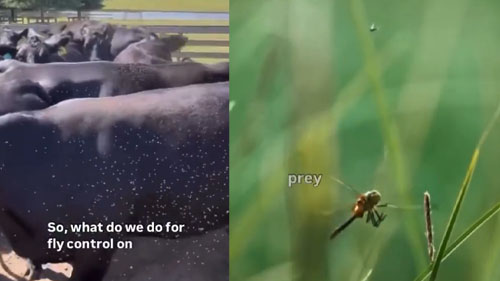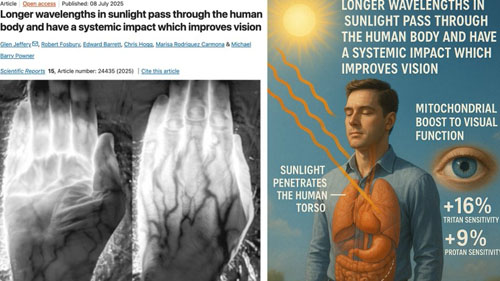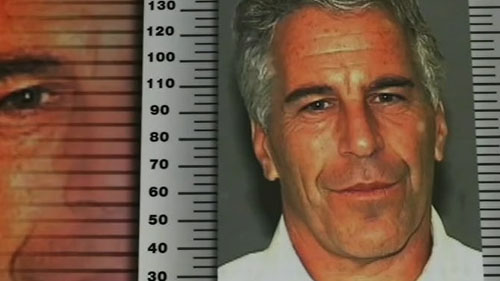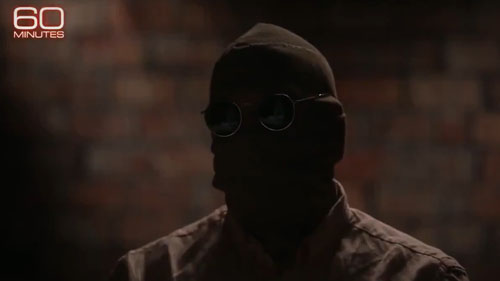| Recent Featured Videos and Articles | Eastern “Orthodoxy” Refuted | How To Avoid Sin | The Antichrist Identified! | What Fake Christians Get Wrong About Ephesians | Why So Many Can't Believe | “Magicians” Prove A Spiritual World Exists | Amazing Evidence For God | News Links |
| Vatican II “Catholic” Church Exposed | Steps To Convert | Outside The Church There Is No Salvation | E-Exchanges | The Holy Rosary | Padre Pio | Traditional Catholic Issues And Groups | Help Save Souls: Donate |  |









 " />
" /> " />
" /> " />
" /> " />
" /> " />
" />




Eugene IV’s definition was before the discovery of the New World
Thanks for your question. A failure to understand – or rather to believe – that dogmatic statements are unchangeable truths revealed by Christ seems to be a consistently problem today. It must be understood that the deposit of Faith ended with the death of the last Apostle.
This means that when a Pope defines a dogma from the Chair of Peter he does not make the dogma true, but rather he proclaims what is already true, what has already been revealed by Christ and delivered to the Apostles. So, when Pope Eugene IV defined that all who die as pagans, Jews, etc. are lost (in the 15th century) this was true from the death of the last apostle and can never change because it was delivered by Christ. No new information could change the truth of this statement. Thus, the discovery of the New World by Columbus changes nothing. If anyone could be saved without the Catholic Faith due to ignorance, then Jesus Christ would not have allowed Pope Eugene IV to define this as a dogma, but He did. This is also why, as proven in section 25 of our book on this topic, St. Francis Xavier and St. Isaac Jogues – who lived after Columbus – were totally convinced that all ignorant pagans without exception were lost unless they were brought into the Catholic Church. The people who have a problem with this simply don’t believe in Papal Infallibility; they don't believe that God watches over these Papal definitions. This would include the CMRI, SSPX, SSPV, etc.Sign up for our free e-mail list to see future vaticancatholic.com videos and articles.
Recent Content
^